In the ever-evolving landscape of finance and investment, the real estate sector stands tall as a cornerstone of economic growth.
It's a realm where property values, housing markets, and commercial spaces merge to shape the financial fortunes of nations.
In this blog post, we will dive into the fascinating world of real estate and its intrinsic connection to economic growth.
So buckle up, and let's explore how bricks and mortar are intertwined with prosperity!
Understanding the Basics: Real Estate as an Economic Catalyst
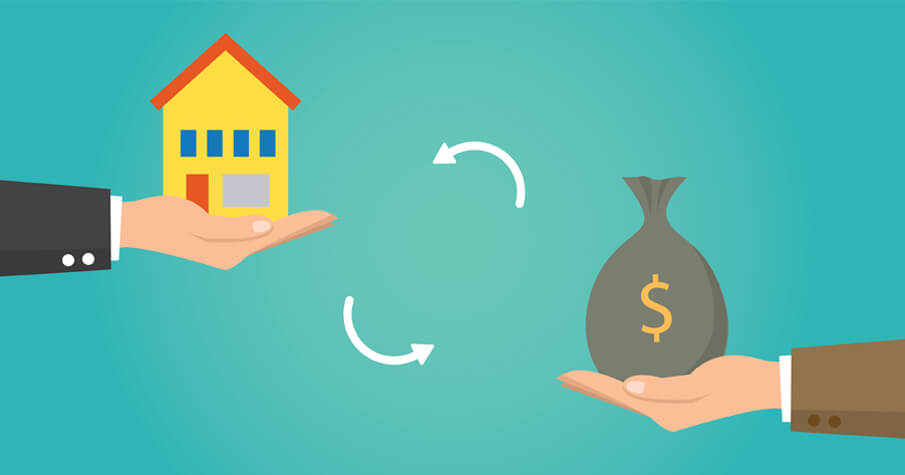
(Photo from Empire House SD)
Real estate isn't just about buying and selling properties, it's a complex ecosystem that includes residential, commercial, and industrial properties. The real magic happens when real estate intertwines with economic growth, creating a win-win situation for investors and the broader economy.
A Pillar of Wealth Creation
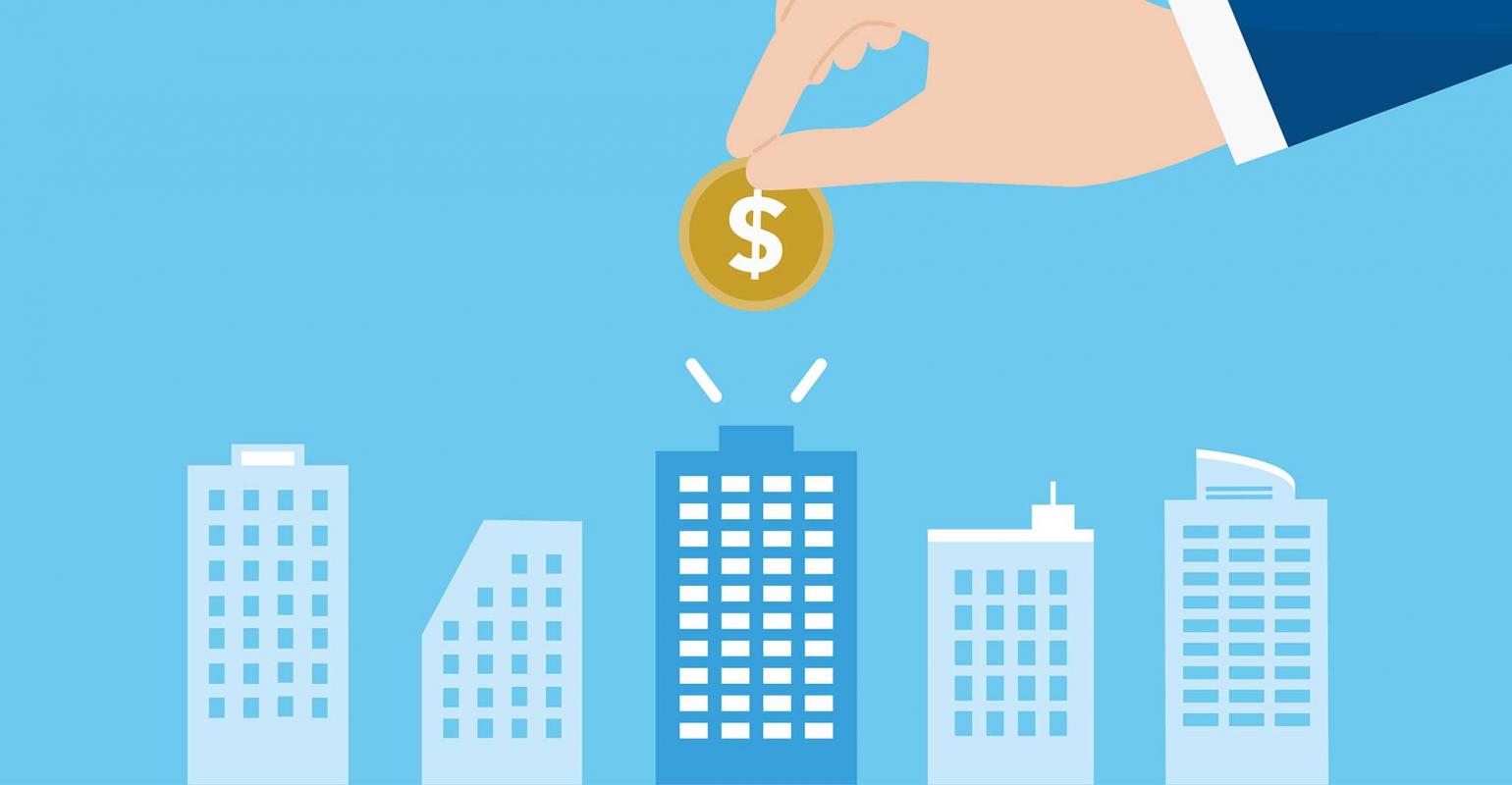
(Photo from Wealth Management)
One of the most apparent links between real estate and economic growth is wealth creation. When the real estate market is thriving, property values appreciate, turning homeowners into wealthier individuals. The "wealth effect" occurs as homeowners feel more financially secure and begin to spend more, injecting money into various sectors of the economy. This increased spending can lead to a domino effect that stimulates economic growth.
Job Creation and Real Estate

(Photo from the Financial Tribune)
Real estate doesn't just create wealth, it also fuels job growth. The construction industry, for instance, is a significant employer in many countries. When real estate markets are booming, construction companies hire more workers to meet the increased demand for new homes, office buildings, and infrastructure. This, in turn, reduces unemployment rates and fosters economic prosperity.
A Magnet for Foreign Investment
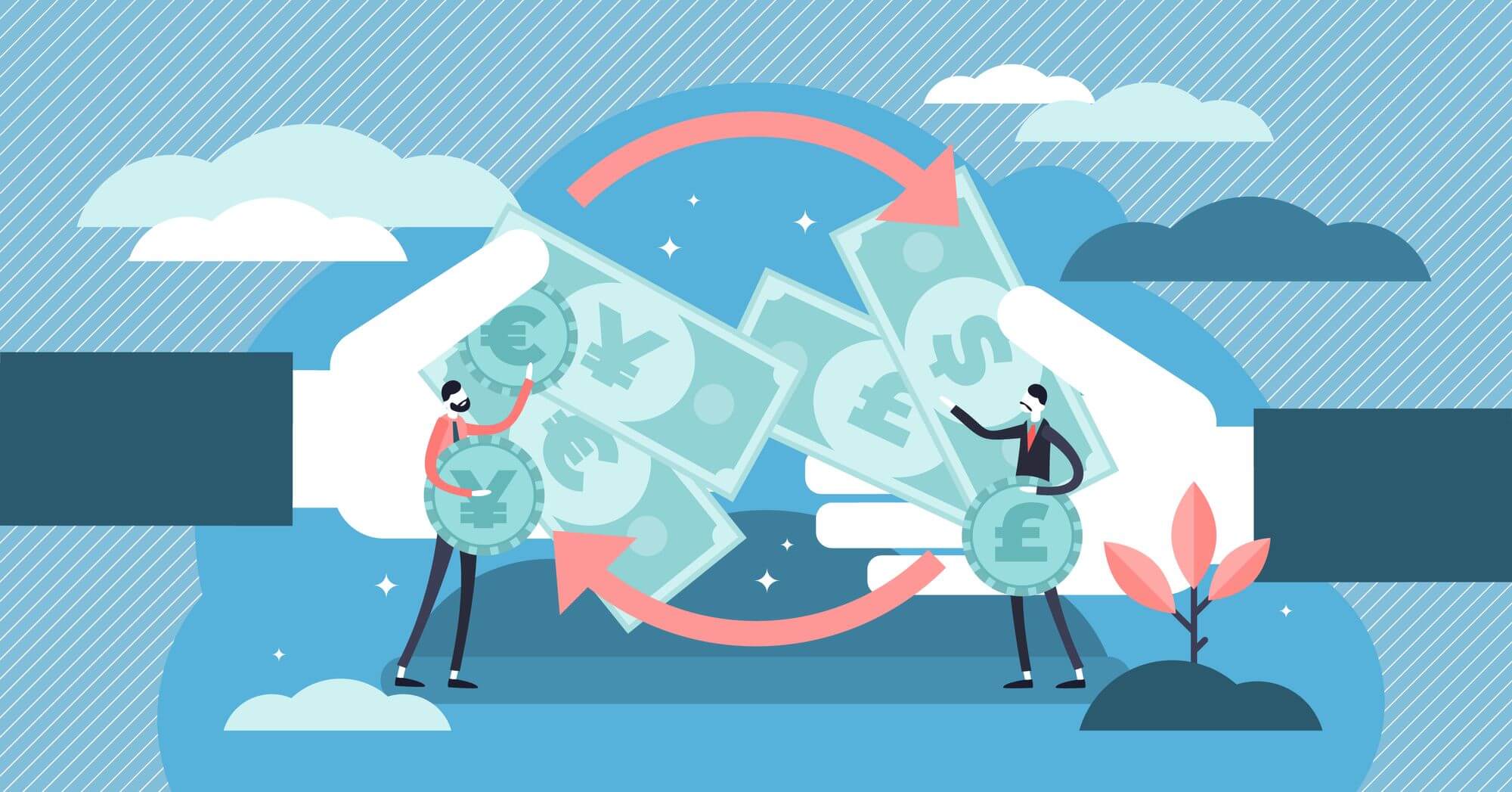
(Photo from OkCredit)
Real estate also serves as a magnet for foreign investment, further strengthening economic growth. When international investors pour money into a country's real estate market, it not only boosts the property sector but also has a ripple effect on the broader economy. The influx of foreign capital creates jobs, stimulates construction, and often results in an improved infrastructure, making the area more attractive for businesses and residents alike.
The Real Estate-Technology Nexus

(Photo from Freshcode)
The relationship between real estate and technology is another vital facet of the economic growth puzzle. In recent years, technology has revolutionized the real estate industry, making transactions more efficient and accessible. The advent of online listings, virtual tours, and real estate apps has broadened the market and attracted a new generation of investors.
Moreover, technology has brought transparency to the sector, reducing information asymmetry and facilitating better decision making. This transparency instills confidence in investors, both local and international, and stimulates growth in real estate markets. Thus, technology doesn't just enhance the real estate experience; it powers economic growth.
Real Estate and Urban Development
Real estate is inexorably linked to urban development, and cities are often the engines of economic growth. As populations grow, cities expand, leading to an increased demand for housing and commercial spaces. This, in turn, drives real estate development. The growth of cities can be viewed as a barometer of economic vitality, with vibrant urban centers attracting businesses, talent, and capital.
The Cycle of Investment
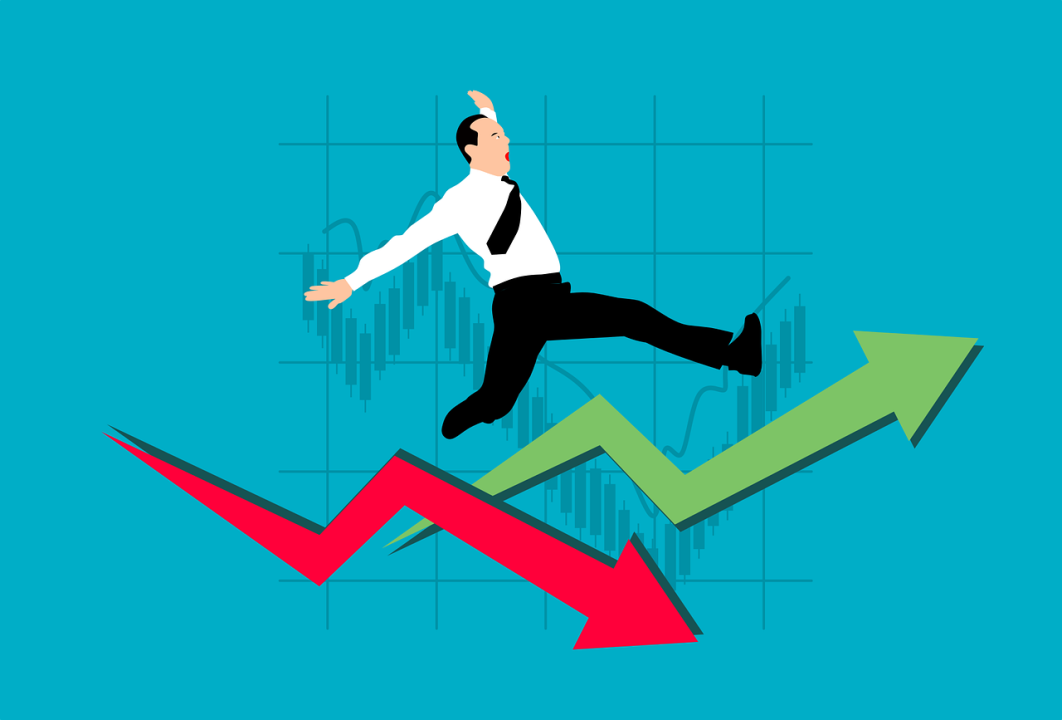
(Photo from LinkedIn Pulse)
The real estate market operates in cycles, which are tightly bound to economic growth. In a healthy economy, investors flock to real estate as a safe haven for their capital. Rising property prices encourage homeowners to spend more, which boosts consumer confidence and economic activity.
However, when economic conditions take a downturn, real estate markets can experience a slump.
During economic recessions, property values may stagnate or decline, which can have a ripple effect on the broader economy. Yet, the resilience of real estate should not be underestimated. Historically, real estate has proven to be a safe long-term investment, capable of weathering economic storms and ultimately contributing to economic recovery.
The Commercial Real Estate Connection
Commercial real estate, including office spaces, retail centers, and industrial properties, plays a vital role in economic growth. The demand for commercial real estate is closely linked to business expansion and entrepreneurship. Thriving businesses require office space, warehouses, and retail outlets, leading to higher occupancy rates and increased property values. Conversely, a buoyant commercial real estate market is indicative of a strong economy.
Real Estate as an Indicator of Economic Health
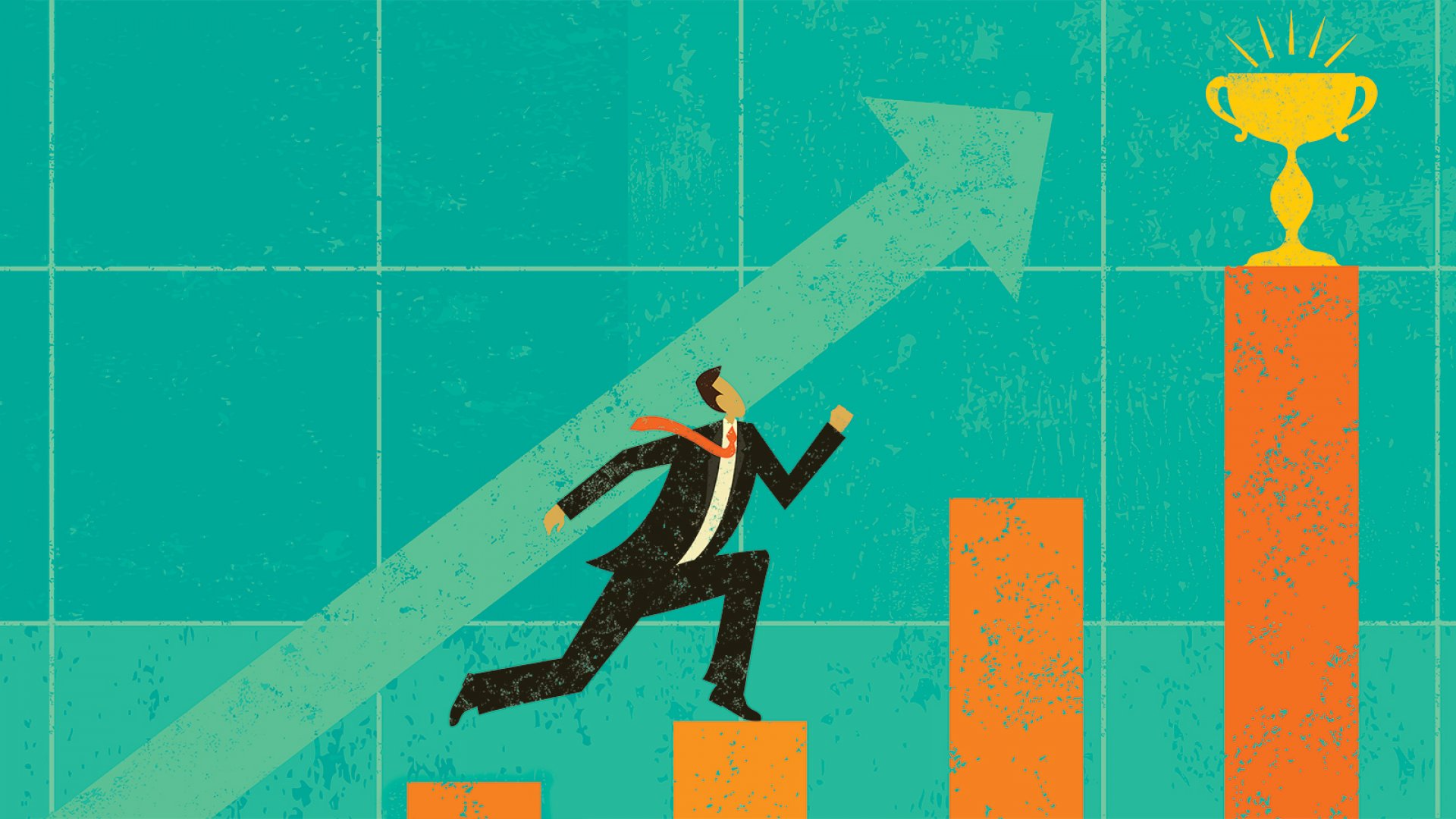
(Photo from Inc. Magazine)
Real estate also serves as a valuable economic indicator. Analysts often look to housing market trends to gauge the health of an economy. A strong real estate market can signal economic growth, while a sluggish one may suggest underlying issues.
Furthermore, central banks and policymakers pay close attention to real estate when making decisions about interest rates and monetary policy. When the real estate market is robust, it can influence policymakers to adjust interest rates to ensure that the broader economy remains in balance. This demonstrates how interconnected real estate and economic growth truly are!
To conclude, the intricate connection between real estate and economic growth is a testament to the power of bricks and mortar in shaping our financial landscape. As a driver of wealth creation, job growth, and urban development, real estate plays a pivotal role in the economic prosperity of nations. The synergy between real estate and technology, coupled with the influence of commercial real estate and the cycle of investment, adds layers of complexity to this fascinating relationship.
Whether you're a prospective homeowner, an astute investor, or an economist studying market dynamics, understanding the link between real estate and economic growth is essential. By recognizing this connection, we can navigate the intricate dance of property values and economic fortunes, making informed decisions that contribute to our collective prosperity.
So, the next time you drive down a bustling city or consider purchasing a new home, remember that you're not just engaging in a personal transaction; you're part of a dynamic process that shapes the economic destiny of a nation!
Thank you guys so much for taking the time to read this blog post - we truly appreciate it! For all the latest real estate news, keep your tabs posted on our socials: we get new blog posts up every Monday, Wednesday, Friday, and Saturday!
Check out these websites as well - they provided us with the inspiration to create this blog post!
RealtyNA: https://realtyna.com/blog/real-estate-affect-economy/
LinkedIn Pulse: https://www.linkedin.com/pulse/real-estate-role-economy-moaz-ali/
Science Direct (Journal Article): https://www.sciencedirect.com/science/article/pii/S2212667814000215#:~:text=We%20find%20that%20the%20positive,risk%20in%20the%20long%20term.
Dao Proptech: https://daoproptech.com/blog/real-estate-and-economy-exploring-the-integral-relationship-and-investment/